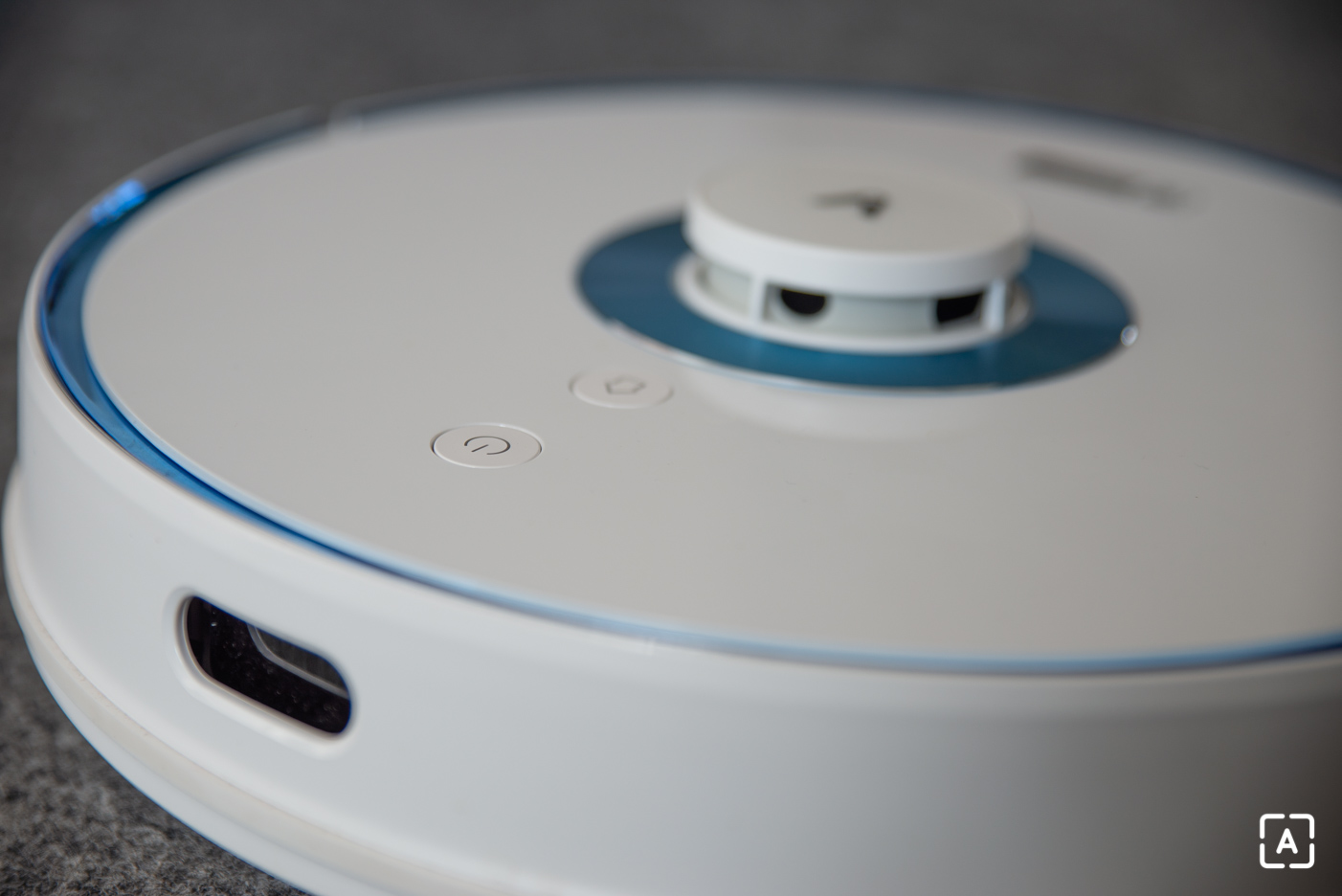Safety question: What to look out for when working from home?
The last year has been difficult for all of us. The complicated situation associated with the raging pandemic has meant that many companies have had to adjust their working practices and overall functioning.
Where it was at least a little possible, the people from the offices moved to work from home, what about them brought new challenges. We were used to the so-called home-office before, but certainly not to the extent that the circumstances of the last two years forced us to do.
At the same time, the increase in the volume of work done from home has caused fraudsters to start adapting their strategies. For corporate as well as private data, this means only one thing – increased threat and crowd of new traps.
New pitfalls
Sending links, sharing files, video conferencing. All these things have become an everyday part of working life, in large volumes. And they all pose a potential threat.
Added to this is the fact that when working from home, people tend to devote time to activities that do not relate to the scope of their work at all, such as the use of social networks, watching series or mindless surfing on the waves of the Internet.
Most corporate policies have flown out the window, and with them often the most basic principles for secure data handling. Businesses and employees simply face the Internet the unreality of the various threats and they do not help it with their behavior. It thrives ransomvér, fraudulent e-mails as well as fake installers of well-known applications and fake websites of useful services.
But the pitfalls don’t just lurk when working on computers and laptops. Much of the work today is done directly from smartphones, and this is where safety is absolutely underestimated. Even the most basic ones are ignored safety tips for a corporate smartphonewhich is definitely a pity. You really don’t have to follow that much again.
Nothing should be underestimated
Of course, this does not only apply to smartphones. In practice, it is really enough to follow the usual, boring, security principles and data protection will thus move into completely different areas. Most scams are well known, but there is no need to lie. As protection and our awareness of potential risks improve, so do the efforts of fraudsters, who try it more and more sophisticated on us.
Also protection against extremely dangerous ransomware they build on simple principles that work. One simply does not have to limit oneself significantly in order to protect one’s data. There is no need to take unnecessary risks and open an imaginary door for attackers. Home office can be secure even without the help of an IT expert.

Everything has rules
Everything has its rules. Since using services such as Google Drive, through work with e-mail communication to the use of video conferencing. There is no need to make an easy goal and risk data leaks or, for God’s sake, loss of funds. That you don’t know how to use video conferencing platforms safely? So do not hesitate to embark on a short education. This is also one of the key things to help you.
A good help is to use a secure connection with VPN. There is no need to despair. If you don’t know how to set up VPN, your employer, skilled colleague or one of the practical instructions will often help you with this.
As always, when working from home, there is no need to underestimate anything and in every situation to follow common sense with a healthy dose of skepticism. If you don’t feel something emotionally, such as e-mail, you’d better call a colleague or customer and check it out. Don’t click on every link and check carefully who you are writing off. Just the basics…

For more information on digital safety at work, visit Safe on the net.
Our tip
Sexual Predator Online: How to Protect Our Children?


